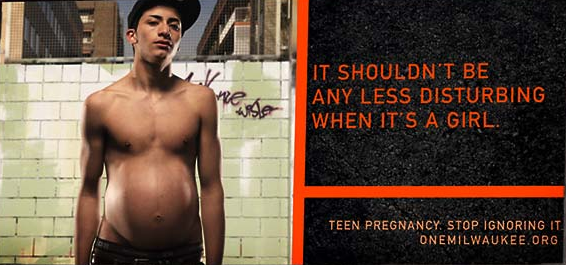Dealing with a troubled teen suffering from reactive attachment disorder (RAD) is difficult and intimidating. Although the symptoms can be managed through work and therapy, there are some cases where parents need outside intervention in order to get their son on the road to successful home management. In such situations, the two main full time options are therapeutic boarding schools and residential treatment centers. Kids with RAD require a safe and consistent environment, but each teen is different, with his own unique needs. While both types of programs offer therapy, education, recreation and lodging, knowing the similarities and differences between these two types of full time facilities will help you make the healthiest and most informed decision for your child.
Therapeutic Boarding Schools:
- Therapeutic boarding schools place the greatest emphasis on the academics and education.
- Larger number of residents and a longer average stay.
- Therapy is provided, but each teen’s plan of care is generally part of the greater plan for all students. There is less one on one care and individual treatment.
- Great emphasis on rules and structure.
- Ideal for teen struggling with more basic behavioral issues such as substance abuse, learning disabilities, defiance and some psychiatric conditions. Teens dealing with these challenges benefit from the strict learning environment
Residential Treatment Centers:
- The main focus is on therapy and healing, but many residential treatment programs offer accredited academic programs as well, so teens can keep up with their class or repair their grades.
- Smaller number of residents in order to facilitate more one-on-one time between residents and their counselors and therapists. Depending on need, each teen usually stays 6 months or less.
- Individualized plan of care for each student in order to target his specific therapeutic needs.
- Most facilities have nurses and psychiatrists on staff on order to manage those who need medication adjustments and IEP cohesion during their stay.
While each type of program has various advantages and benefits, you should ultimately choose one that is a good fit for your teen’s needs. Through research and consultations, you can find one that not only helps your RAD teen learn to manage his disorder, but also prepares you to meet his therapy needs once he transitions home.
Sundance Canyon Academy is a residential treatment center located in northern Utah. We specialize in helping teen boys struggling with reactive attachment disorder learn to manage their day to day challenges and become healthy and independent individuals through a unique relationship based therapy method. For questions about our program or a consultation, please contact us at 801.380.3525.











0 Comments